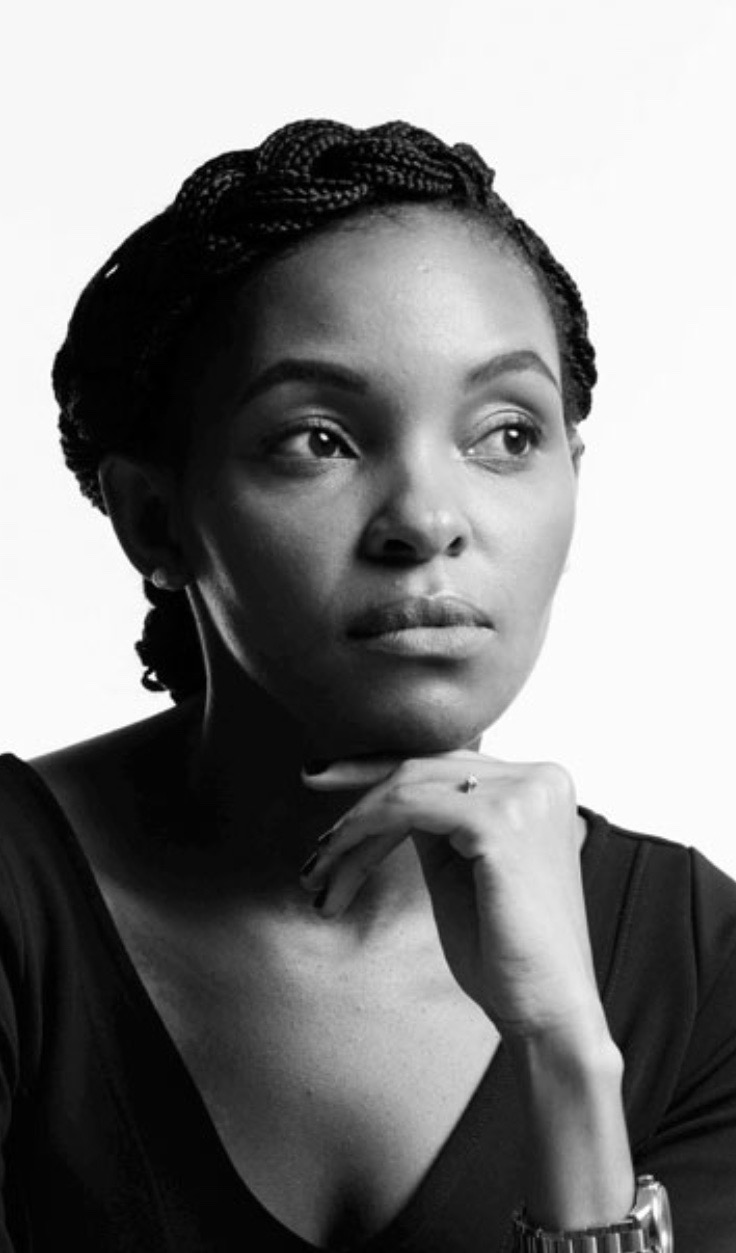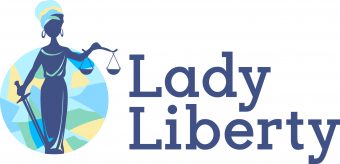
According to South African law, attorneys are required to provide a mandatory 24 hours per year of pro bono legal assistance to impoverished members of the public. Although there are no formal structures to ensure that this law is practised, some attorneys dedicate their careers to it.
Human rights attorney Samantha Ngcolomba chats to Kwanele Mathebula about her Social Justice and Advocacy non-profit organisation, Lady Liberty SA, dedicated to helping the poor.
1. I founded Lady Liberty SA in 2014 to address the lack of legal knowledge among women. Those from underprivileged communities don’t have access to some basic legal services, let alone information about their legal rights. Relationship power often lies with the men in their lives who, more often than not, also provide for them financially. This results in women finding themselves in vulnerable positions which exposes them to various forms of abuse.
2. The mobile office travels to impoverished communities to provide access to legal information and services. We focus on marriages, divorce processes, asset distribution, spousal and child maintenance, domestic violence as well as wills. We also aim to use digital services such as social media and our Facebook Free Basics to provide information in parts of the country that we’re not yet able to reach.

3. We currently work on a pro-bono desk at the Kliptown Magistrate’s Court every Wednesday from 9 am to 12 pm. Some of the issues we deal with include domestic violence, where we process protection orders and maintenance claims. Our third most common issue is that of the loss of or inability to, inherit property due to male figures illegally inheriting or evicting women from homes they have a legitimate claim over.
4. As the founding director of the organisation, part of my job means delegating a lot of work. It has been difficult being the only permanent member of Lady Liberty, assisted by one other lawyer and several volunteers who work part-time because I can’t afford to pay them. This means that I take on most of the work, including planning road shows and forming partnerships with other lawyers or firms to help solve our cases. I also market our Women’s Rights Wellness Workshops that teach women about their rights. Now, I have one main volunteer and a small team focusing on these things.
5. Turning my back on a well-paid career in pursuit of justice for the vulnerable has its challenges. Many of my colleagues didn’t understand my decision, and that resulted in little support from the legal fraternity. I have also lost contact with some close friends and family members because of my busy schedule. But, nothing beats the inexplicable sense of gratification my work gives me. Fortunately, my husband is supportive and has provided me with a shoulder to lean on when things get tough.
6. I would like to see Lady Liberty financially independent. We are working on finding ways to generate revenue in a consistent, feasible and sustainable manner. I would also like for the organisation to grow and work nationally, reaching women in all corners of South Africa, and eventually across the continent.
